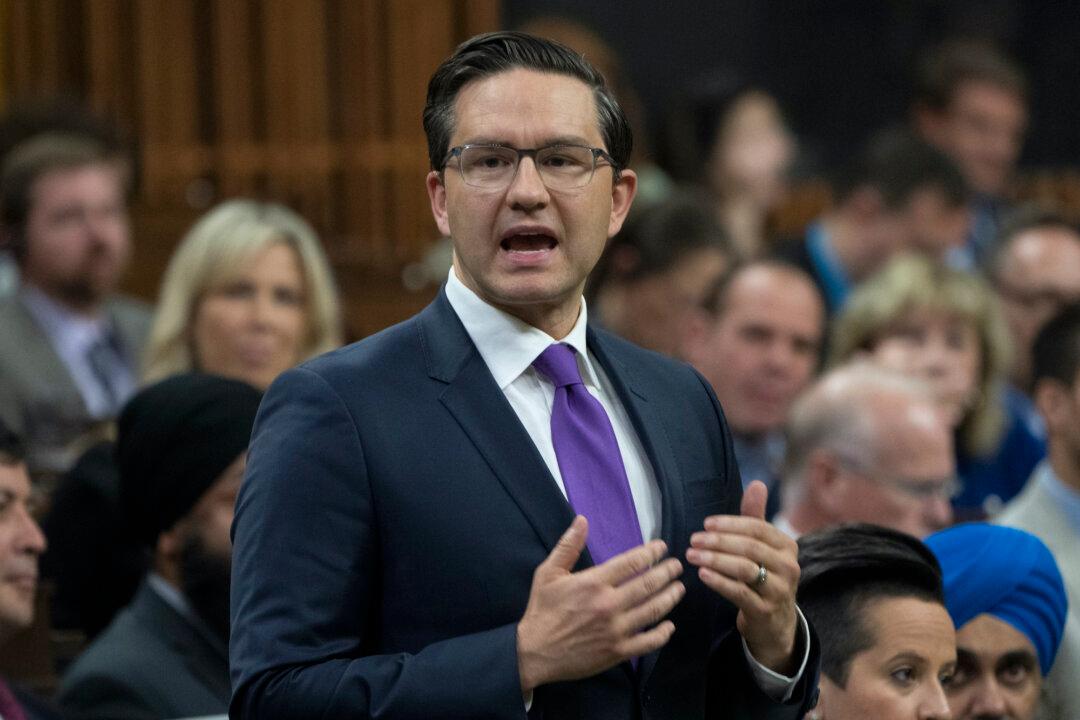“There’s a wave of protests across China right now, and there are now reports of government crackdowns against those protests,” Poilievre said during question period in the House of Commons on Nov. 28.
Poilievre today asked if the government is “serious” about its commitment to stand up to China.
“Will they [the government] indicate to Beijing that the peaceful protests should be allowed to go ahead and that any crackdown should be resisted?” he asked.
Joly’s parliamentary secretary, Maninder Sidhu, responded to the question, saying the government is “very closely” monitoring the protests in China.
“We remain in close contact with our embassy and consulate,” Sidhu said.
“We believe in freedom of expression at home and abroad, including in China, and that protesters should be able to peacefully protest and share their views without fearing for their safety.”
Indo-Pacific Strategy
The federal government’s new Indo-Pacific Strategy includes a $2.2. billion investment over the next five years for a number of projects in the region. Joly has said the strategy is built around five objectives, the first being to address security threats to Canada in both the physical and digital spheres.“We’re bolstering our collaboration with and contribution to the fight on foreign interference. The targeting of Canadians will not be tolerated. No effort will be spared to protect Canadians and defend against these threats,” Joly said during a press conference in Vancouver on Nov. 27.
Earlier this month, Global News reported that Beijing had interfered in Canada’s 2019 federal election by covertly funding 11 federal candidates.
“We will continue to protect the Arctic and uphold our Arctic sovereignty,” Joly said yesterday. “More Canadian men and women in uniform will be in the region to ensure peace and ensure also to uphold the rule of law.”





